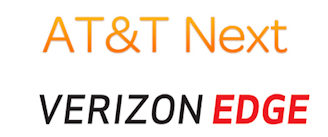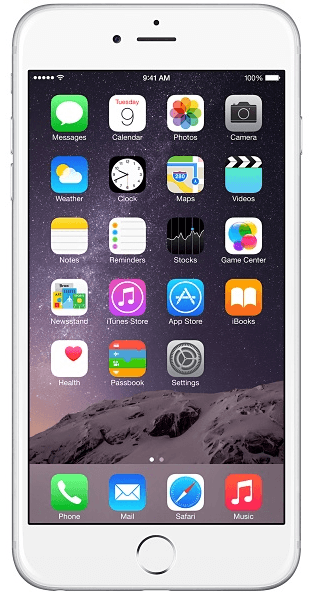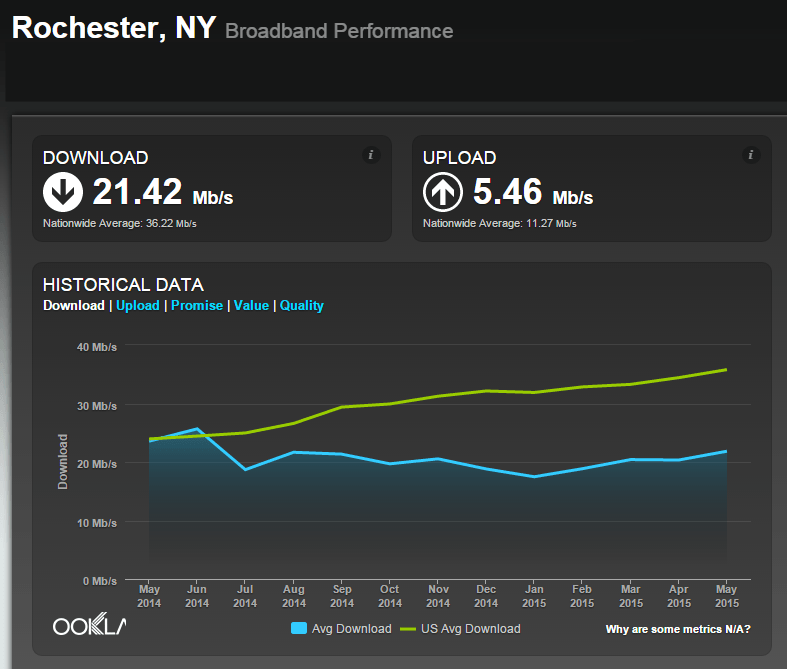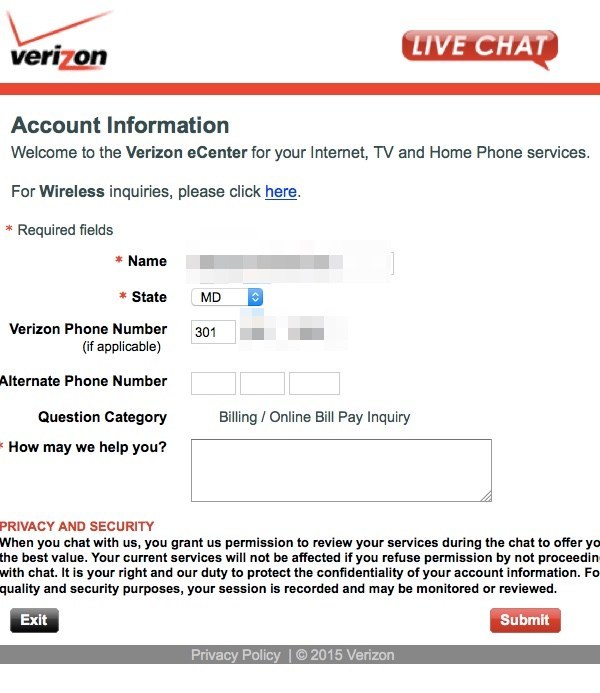 AT&T and Verizon Wireless are ditching subsidies for the popular (and expensive) Apple iPhone in favor of straight installment payment plans.
AT&T and Verizon Wireless are ditching subsidies for the popular (and expensive) Apple iPhone in favor of straight installment payment plans.
9to5Mac reports Apple has sent a memo to employees outlining major changes in how iPhones will be sold to AT&T and Verizon Wireless customers.
Apple iPhones sold via AT&T and both Apple’s retail and online stores will shift exclusively to AT&T’s Next financing plans this month and end device subsidies. AT&T Next allows customers to buy a device at retail price and pay it off in 20, 24, or 30 installments on their AT&T bill. The primary benefit of the Next plan is it permits customers upgrade to a newer device after 12, 18, or 24 installment payments. For now, customers transitioning away from their existing plan to Next will be able to keep their unlimited AT&T data plan.
 Verizon Wireless is also planning to drop its two-year subsidy programs, perhaps entirely across all devices, as early as the end of this summer. That will force Verizon Wireless customers onto the Edge installment payment program unless they are willing to pay for a device upfront.
Verizon Wireless is also planning to drop its two-year subsidy programs, perhaps entirely across all devices, as early as the end of this summer. That will force Verizon Wireless customers onto the Edge installment payment program unless they are willing to pay for a device upfront.
But Verizon will tighten the screws even more on iPhone users by blocking the Edge Up feature for Apple phones. Instead of being eligible for an early upgrade after 18 months, Verizon will commit its iPhone customers to a full two-year waiting period or until the phone is completely paid off. Magnanimously, Verizon will let the customer keep the phone after they pay it off completely. It is unclear if Verizon will allow their legacy unlimited data customers to participate in the Edge program without forfeiting their unlimited data plan.
For many customers, this will represent a distinction without much difference. Phone subsidies have always been effectively paid back to the wireless carrier through artificially high service plan rates charged over the length of a two-year contract. The installment payment plan brings the cost of the phone subsidy out into the light where a customer will see (and pay) a separate installment payment for their device instead of having the subsidy’s recovery buried in the price of service. But Verizon has clearly sought constraints on its iPhone customers who aggressively pursue upgrades at the appearance of any new iPhone model. Going forward, they will have to pay off any remaining installments owed on their old phone before upgrading to a new one.


 Subscribe
Subscribe
 The new CEO of Frontier Communications is promising more fiber to the home service and advanced ADSL2+ and VDSL2 service to dramatically boost Internet speeds… if you happen to live in a Verizon territory Frontier is planning to acquire in Texas, California, or Florida. For Connecticut customers that used to belong to AT&T, Frontier also plans to spend money to further build out AT&T’s U-verse platform to reach more suburban customers not deemed profitable enough to service by AT&T.
The new CEO of Frontier Communications is promising more fiber to the home service and advanced ADSL2+ and VDSL2 service to dramatically boost Internet speeds… if you happen to live in a Verizon territory Frontier is planning to acquire in Texas, California, or Florida. For Connecticut customers that used to belong to AT&T, Frontier also plans to spend money to further build out AT&T’s U-verse platform to reach more suburban customers not deemed profitable enough to service by AT&T.
 “We actually see growth opportunity in Connecticut,” McCarthy said. “As we go through and look at the Connecticut property, one of the things that have been a recent development from a technology perspective allows us to serve lower density parts of the state of Connecticut with U-verse product that was limited by densities and loop lengths in the past.”
“We actually see growth opportunity in Connecticut,” McCarthy said. “As we go through and look at the Connecticut property, one of the things that have been a recent development from a technology perspective allows us to serve lower density parts of the state of Connecticut with U-verse product that was limited by densities and loop lengths in the past.”
 Frontier Communications, just hours after passing its first hurdle —
Frontier Communications, just hours after passing its first hurdle —  With Frontier’s attention currently occupied by its latest Verizon transaction, analysts do not expect to see a deal with FairPoint struck before 2017. That could allow Frontier’s rivals — CenturyLink and Windstream to approach FairPoint first. But neither of those two companies have recently been active acquiring new landline service areas.
With Frontier’s attention currently occupied by its latest Verizon transaction, analysts do not expect to see a deal with FairPoint struck before 2017. That could allow Frontier’s rivals — CenturyLink and Windstream to approach FairPoint first. But neither of those two companies have recently been active acquiring new landline service areas.